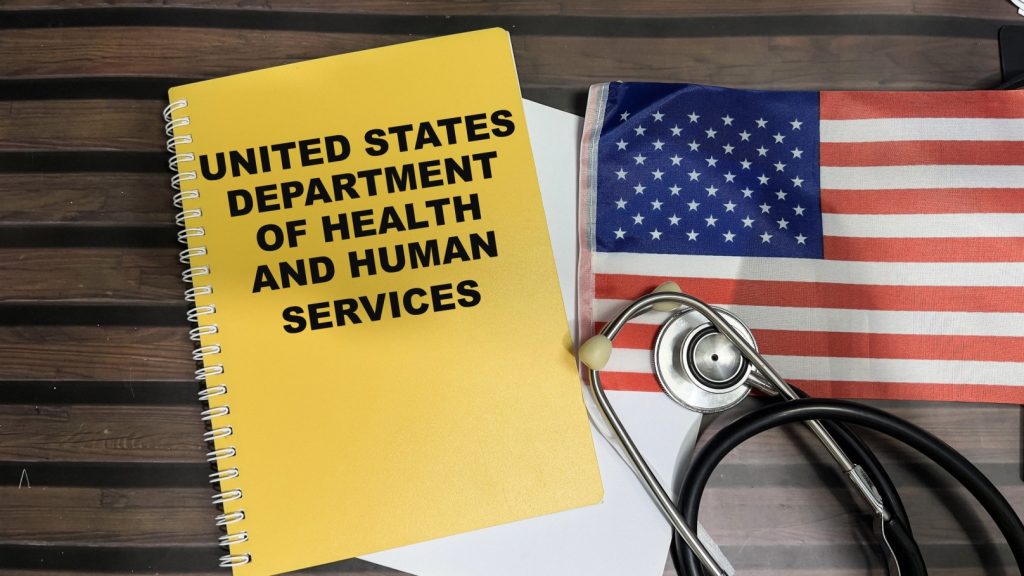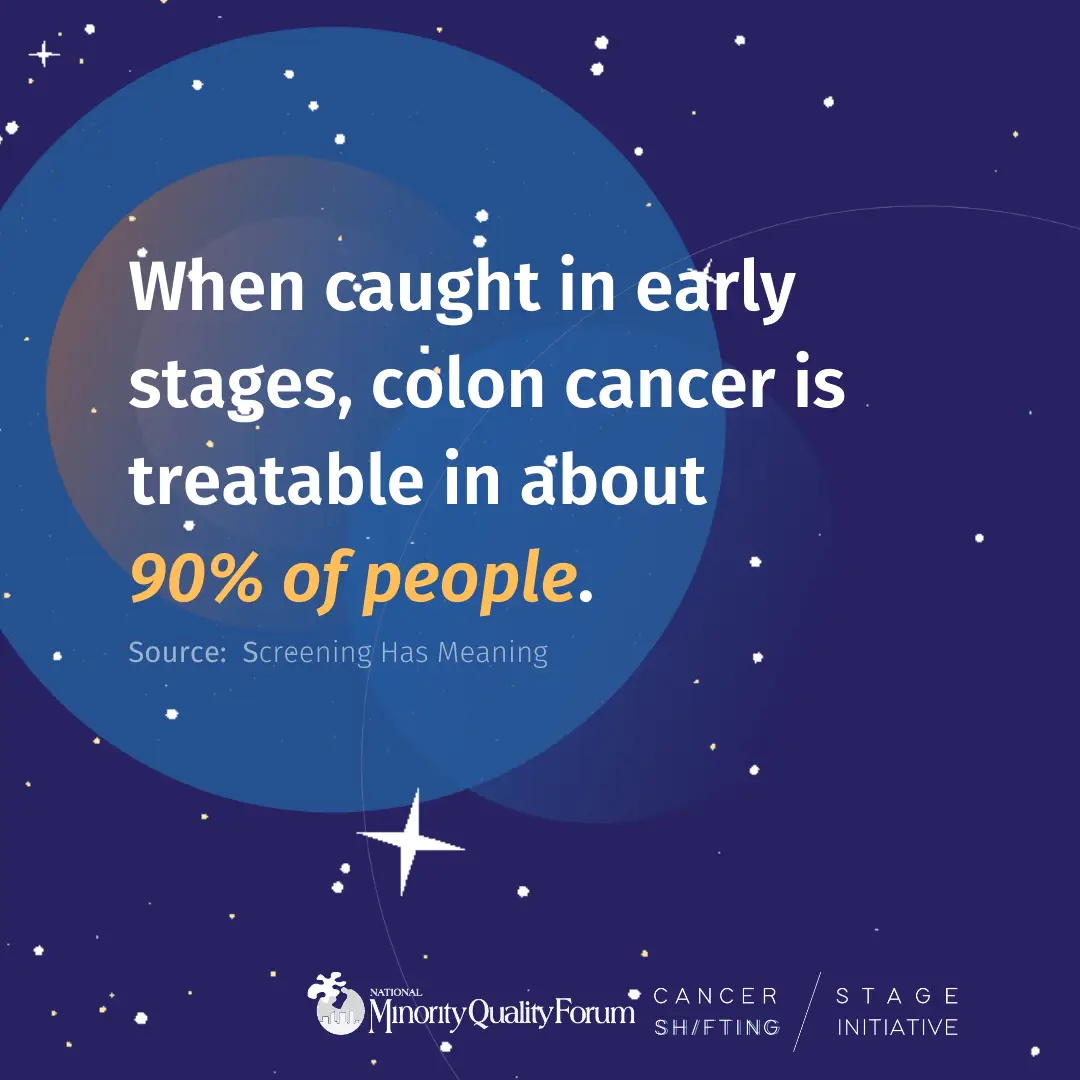Palliative
"Telehealth Allows for Flexibility and More Equity": Provider Perspectives on Telehealth for Outpatient Palliative Care for Underserved Patients
doi: 10.1089/jpm.2024.0525.
Online ahead of print.
Affiliations
Expand
Affiliations
1 RAND, Boston, Massachusetts, USA.
2 RAND, Santa M...
The Intersection of Minority Identity and Palliative Care Nursing
Palliative care can be equally rewarding and challenging. Patients are navigating the emotional and physical turbulence of terminal illness. The ri...
Study Results Indicate Palliative Care Less Common Among Racial Minority Patients With Metastatic Breast Cancer
Non-Hispanic Black, Hispanic, Asian or Pacific Islander patients with metastatic breast cancer were found to be less likely to receive palliative c...
Research On Race and Ethnicity in Hospice and Palliative Medicine
There was considerable variation in how racial and ethnic groups were portrayed, reported, and analyzed in the hospice and palliative medicine (HPM...
The Supportive Care Clinic: a novel model of embedded pediatric palliative oncology care
Context:
Pediatric palliative care (PPC) improves quality of life and end-of-life outcomes for children with cancer, but often occur...
Ethnicity and palliative care: we need better data – five key considerations
Complete and valid ethnicity data are essential for monitoring racial and ethnic disparities but consideration needs to be given to collecting data...
Trending Topics
Features
- Drive Toolkit
Download and distribute powerful vaccination QI resources for your community.
- Health Champions
Sign up now to support health equity and sustainable health outcomes in your community.
- Cancer Early Detection
MCED tests use a simple blood draw to screen for many kinds of cancer at once.
- PR
FYHN is a bridge connecting health information providers to BIPOC communities in a trusted environment.
- Medicare
Discover an honest look at our Medicare system.
- Alliance for Representative Clinical Trials
ARC was launched to create a network of community clinicians to diversify and bring clinical trials to communities of color and other communities that have been underrepresented.
- Reducing Patient Risk
The single most important purpose of our healthcare system is to reduce patient risk for an acute event.
























